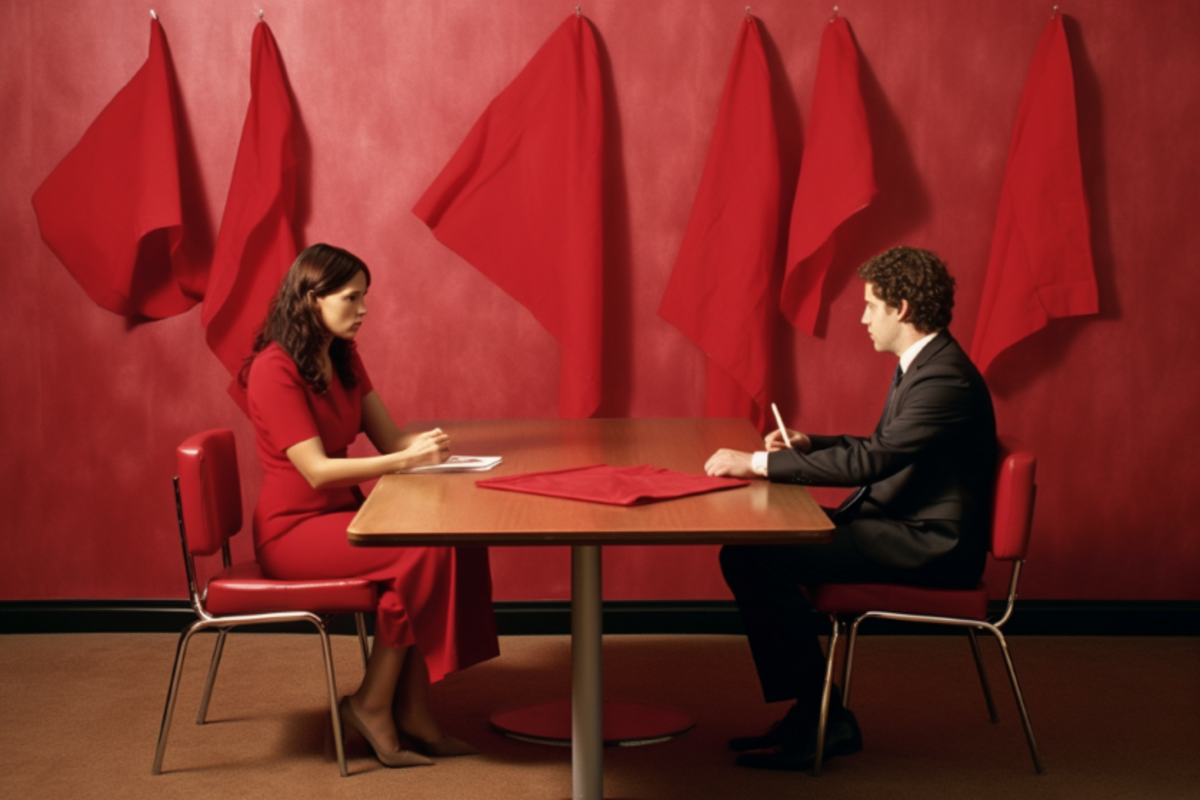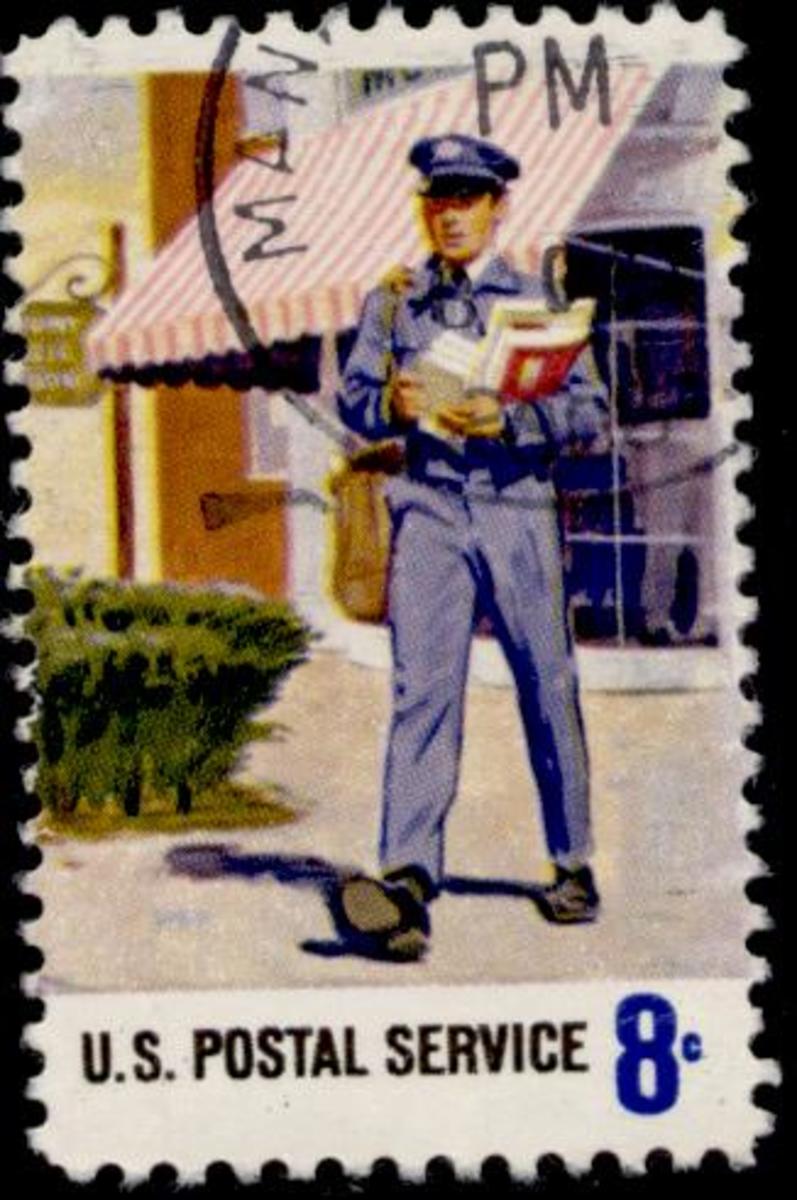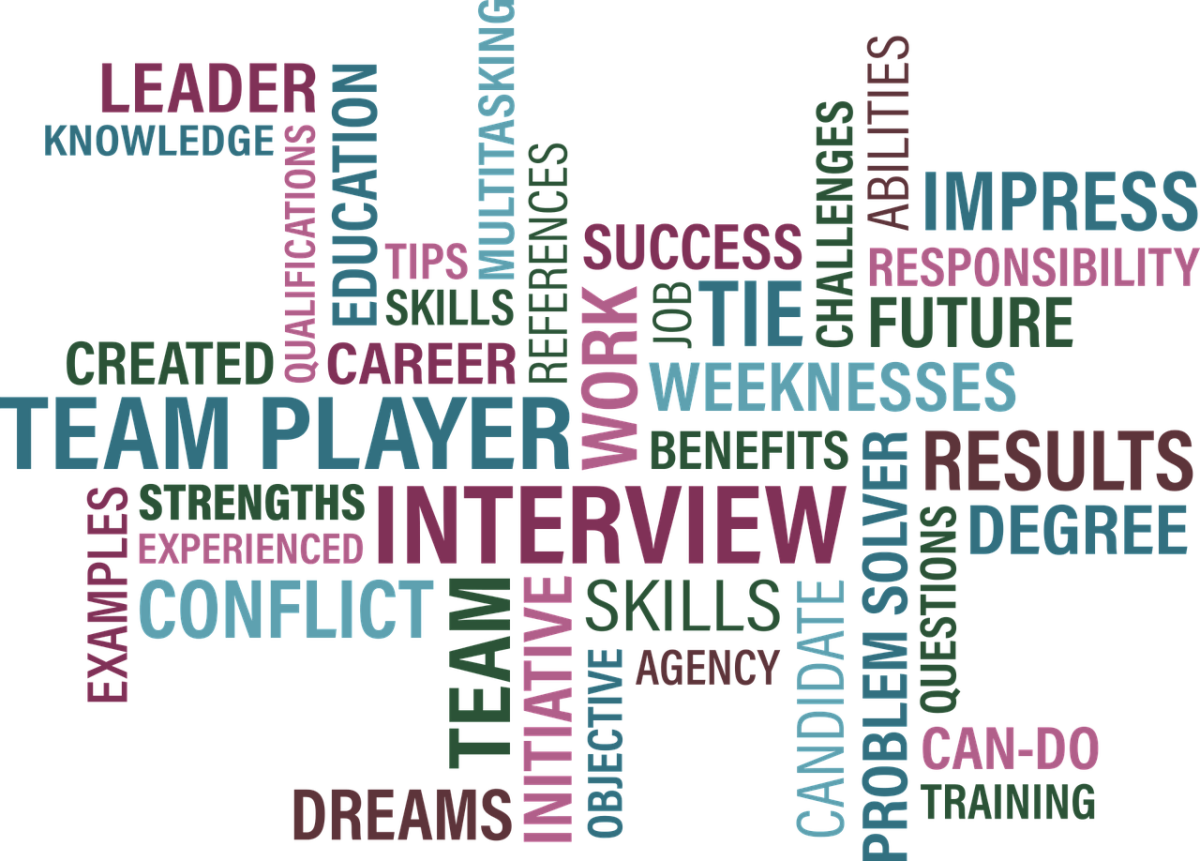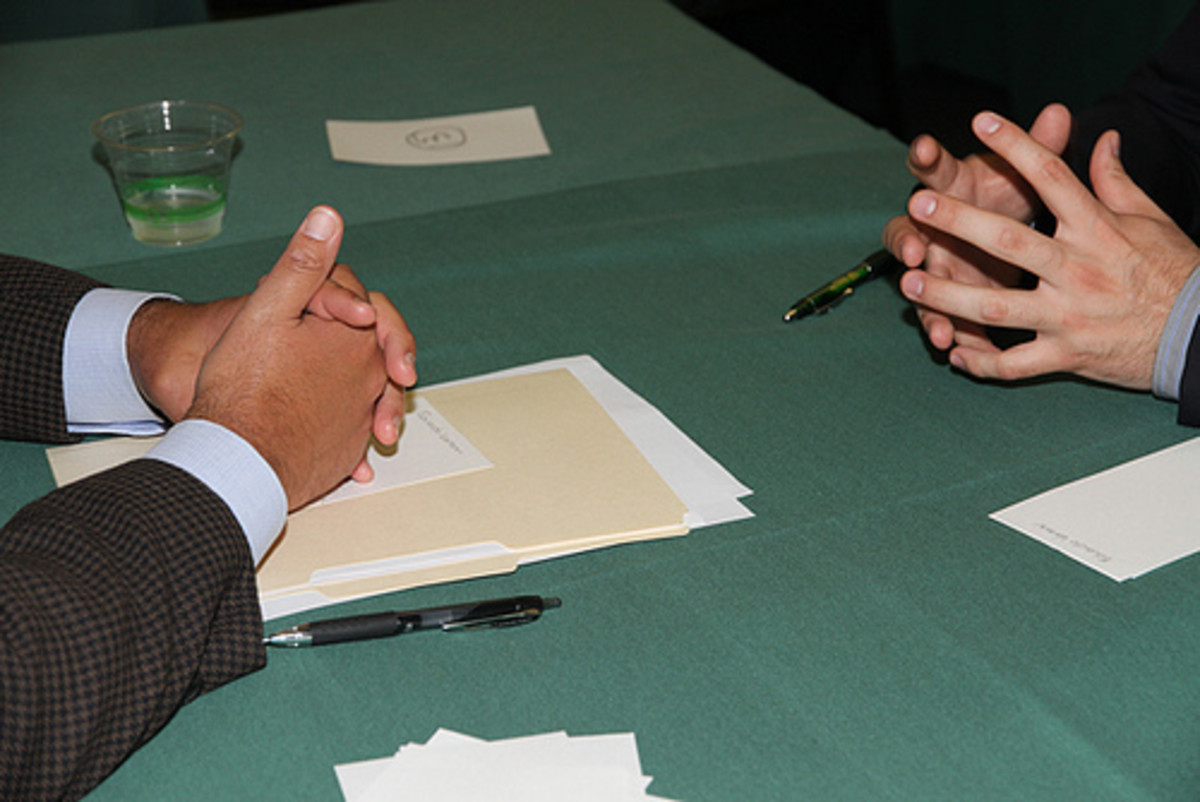What to Expect During a Job Interview and How to Make a Good Impression
The reality of the workforce today is if you do not make an impact during your interview, you will not get a call back! Learn how to optimize simple ways to make a lasting impression on the interviewer.
Have you ever wondered why you never seem to get a call back? Ever left an interview knowing you did not get the job? In this article we will cover simple items often over looked by people on job interviews.
Simple ways to make a lasting impression and remain at the top of the pile of qualified applicants!
Interview Tips
- Always introduce yourself with a firm handshake
- Business casual attire, even for entry level positions
- Maintain eye contact
- Avoid pausing when answering questions,
- Be ready to explain any employment gaps
- No smartphone (leave it in the car)
- Before leaving make sure to ask any questions.
- Thank them for their time and consideration when leaving

First Impressions
You may not realize how important a first impression is in the workforce. Within the first 30 seconds a prospective employer has already obtained his or her impression of you.
I have done interviews for multiple companies throughout my lengthy career in business management. Many key items to an interview remain the same between them all, these key items are often simple things you would never think of, and often do not pertain to the position you are applying for at all.
Always keep in mind that you never get a second chance at a first impression!
Introduce your self with a handshake and smile, this is basic etiquette for any introduction, not just an interview!
How important are first impressions?
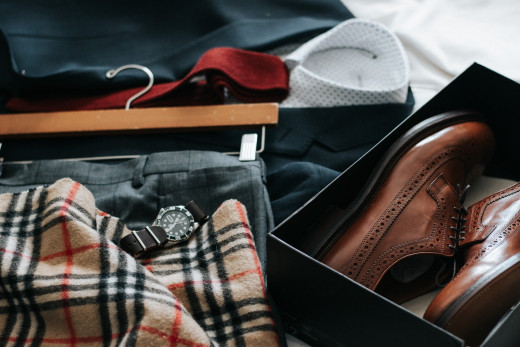
Dress for Success
One of the key points I was always asked to check during a job interview, was personal attire. Even in my early days working at, and managing a gas station. I had to look at how an applicant was dressed for the interview. Part of my interview paperwork included make notes about it.
It was not uncommon throughout my career, for someone to be passed over based on what they wore. Failing to dress in business casual would land them in the dusty pile of 'rejected' applicants. Because of what they were wearing during the job interview. I know many of you are thinking that is something crazy to reject someone over. I can see how you would think that - let me explain it from a businesses point of view.
If someone shows up for an interview and is poorly dressed. Inappropriately dressed, unclean, unkempt and so on. Would you want them promoting your business or product to the general public? Definitely not, it boils down to common sense. If you are appear clean and tidy. At the very least dressed in business casual attire. You will do well in being a promoter for the business or product. Without distracting potential customers with your appearance.
Business casual attire is a must for a job interview. Even if the position you applied for will have you dressed in casual clothes. Even if you have applied for an entry level position that will not require it on a daily basis. It is never acceptable to show up in jeans and a t-shirts to a job interview.
For men an example of acceptable business casual attire for a job interview would be:
- Khakis
- Dress pants or slacks
- Button down shirt
Ladies you have more options when it comes to business casual attire for a job interview:
- Dress pants
- Khakis
- Skirt (that is no shorter than knee length and a solid color (patterns can be distracting)
- Conservative blouse
- Button down dress shirts
A simple business suit can improve your odds of success. And creating a good lasting impression during a job interview. Dressing professionally during a job interview, gives an employer the peace of mind. It shows you are professional in all aspects of your life.
Limit the amount of perfume or cologne you wear to a job interview. Not everyone likes the same scents as you and some people have severe allergies to fragrance. Heavy fragrance may result in an interviewer or hiring manager rushing your interview.
Making Eye Contact During A Job Interview

The Importance of Eye Contact
The second most important element during a job interview is eye contact. If an applicant maintains eye contact during a job interview it shows confidence. The more you maintain eye contact the more an employer feels you are being honest. Eye contact shows confidence with your answers to the interview questions. It also helps an interviewer feel more comfortable.
It's key to maintain eye contact at all times throughout the job interview process. Eye contact can make you stand out above other applicants. Others may have appeared less confident in their responses if they lack eye contact.
Remember you may be competing with 50 to 100's of applications for the same position. Don't fizzle into the background with other applicants. Keep eye contact and show confidence.
Answering Interview Questions
Many questions are asked during any interview. Some about possible scenarios related to the position. Many completely hypothetical situations that have nothing to do with job. the position you have applied for.There are key questions you want to be sure you don't pause or stumble through:
- References
- Qualifications
- Background
Stumbling through basic questions shows a lack of preparation. References, qualifications and your background are things you should have memorized. It shows a level of disorganization when you stumble through the basics. Long pauses when answering may leave the interviewer wondering if you are truthful. Pauses or stumbling shows a lack of confidence and can create a awkward situation.
From my personal experience I always loathed those long pauses. Especially with the basic questions. There are some things you should know. Especially when it comes to your qualifications. Or reference you included on the resume. It was an uneasy feeling. Answers should be short and fluid without appearing too scripted.
Always do a faux job interview at home. Have family member or friend help if you can. Try to think of everything you could get during a job interview.
Some topics you may expect questions on could include:
- How you handle stressful situations
- How you deal with job pressures
- Leadership abilities
- Time management
- Multitasking
Prepare yourself with responses. I would often give a scenario to an applicant and ask them how they would deal with it. So come up with some faux workplace stressful scenarios and prepare some answers.
General answers are fine, you don't need to provide essay like responses. Preparing some fast responses can limit the amount of thinking on the fly you need to do as the interview progresses.
Keep answers short and simple during a job interview. No interviewer wants long winded responses. Long responses eat up valuable time. Hiring managers have time constraints and a life outside of work too. You are not the only applicant they have to interview. Be honest and to the point without adding any unneeded information.

What to Avoid
Interviewers are bound laws and some questions are considered illegal. There are questions they can not legally ask. If you happen to be asked you can decline to respond.
Some general examples are:
- Anything relating to race or color
- Religion
- If you have children
- If you have day car or a babysitter
- If you have a car
- Marital status
- If you are pregnant
As a hiring manager I had training on how to ask 'leading' questions. Questions that were not unethical or illegal to ask. But that could get an applicant to divulge a response to an off limits topic. The companies I have worked for did extensive training for hiring managers. And more often than not I could lead someone to tell me whatever I was fishing for.
Never offer up any information that is not clearly posed as a question. Keep responses basic, and do not add more than is necessary. Personal information should stay personal. Do not willing provide any details of your personal life. When possible simple yes and no responses to any leading questions.
Many companies think that those with families may miss more work than those who are single. No need to be dishonest with responses. Do not respond to any leading questions about your personal life.
If you have a gap in your employment history prepare to explain it. If you took time off for the birth of a child and raising your child for the first few years. List this on your resume. Avoid making it appear cutesy.
You can also include the skills used and what you accomplished during that time. Such as routine chores, multitasking, anything related to organizational skills and time management. Also list any fundraising or volunteering if any during that time. All these will help better improve the odds of the gap being over looked.
Always have a response ready and avoid saying 'I wasn't working. The interviewer will use this information to gauge if extending you a job offer is a risk or not. not all people are great employees and sometimes abandon the workforce for years at a time. Only returning when seeking a paycheck not a career. Keep that in mind when you work on your answers for the practice job interview.
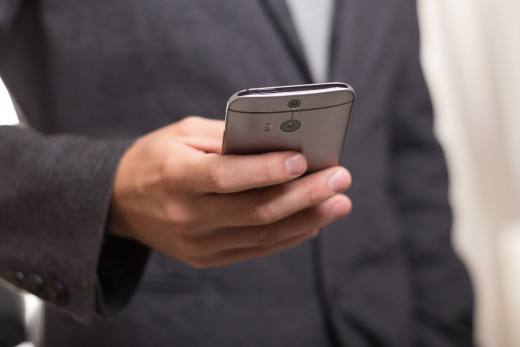
No Smartphones
It is not uncommon for interviews to be scheduled fifteen minutes in advance. Often this is a tool for observing the job applicants ability to handle waiting and stress. It is very common that most prospective employers look for you to be a little early to the job interview as well. Being 5 minutes early is great and shows the ability to be on time. Anything more and it will seem like you have no respect for the interviewers time.
Cell phone use is down right rude and unprofessional during a job interview. If the phone would happen to ring during your interview, it shows a major lack of respect. This could cost you a job offer. Leaving your cell phone in the car during a job interview is the best choice.
I can not stress enough the point of not taking your cell phone into the job interview enough. I know its tempting to take in your cell and play games, get on social media or even check your email while you wait. From a prospective employers professional point of view, it looks bad. A prospective employer will think you would be using your phone during downtime at work. Instead of focusing on building a successful career.
Instead of using the down time to benefit the company by getting extra work done, or catching up on your paperwork. It is a fair assumption that you will be posting social media or surfing the web.
It is always in an applicants best interest to leave your cell or tablet in your car, while attending a job interview. If you are waiting sit calmly, do not bounce your leg or tap a pen, and act as if nothing is bothering you and the wait is normal. If there are other applicants waiting it is acceptable to strike up a conversation. A professional conversation is best, and avoid using slang terms. Striking up a professional conversation can show that you have an ability to adapt to stressful situations. As well as showing good leadership skills.
Before Leaving
It's important to ask a few questions about the company you are applying for a position with. Do so before exiting the interview. How many employees they have, are they global, what are the benefits of the position you applied for. How long has the company been in business. Always make a point to ask the expected salary of the position as well.
Look up the average pay scale for the position in your area too. You can find the average pay scale for any position via an internet search. Even bringing up statistical data for the base pay of the position by region or state. The knowledge of the average pay rate can keep you from accepting a below average salary.
Before you leave make sure to thank your interviewer for their time. A handshake is appropriate and often expected too. Time is a precious commodity in any profession. Letting an interviewer know you appreciated the time taken is always a good move.
Interviewing etiquette
Is it acceptable to take my cell phone to an interview
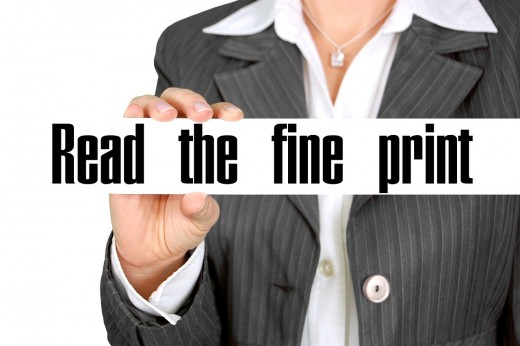
Before You Accept a Job Offer
You may be in a hurry to accept a job for many reasons. Desperately needing the income, or wanting to change career paths and so on. I would like to point out that you need to read every detail of any job offer before accepting it. You should never sign an agreement for employment, without reading and fully understanding. The position, benefits and the pay scale, and any fine print clauses that are within the contract.
I have seen many applicants sign an employment agreement only to regret it later. Once they noticed they were not making the salary they expected. Often less than the average salary for the position. In some cases they found themselves in supervisory positions. Making less in salary than those under them. Without looking into what is being offered and signing off you may get stuck. With no way to ask for a better salary, making less than what they were worth to an employer. This is why above all else, read the agreement.
A prospective employer extending a job offer will not scoff at your choice to give the contract a once over. You are well within your rights to request a day to go over your job offer before accepting. Taking longer could cost you the job depending on the need of a company to fill the position. Read every detail.
You can negotiate the terms of the job offer. All the employer can do is say 'we are not prepared to offer that salary for this particular position'. At that point it would be up to you as to accept the job offer or decline. Negotiate a time to revisit the salary after a satisfactory time frame in the position.
Also consider if the job is a good fit for you and your particular lifestyle. These are points that you need to deliberate while making a decision. Is the need to travel part of the job, if so does the company pay travel expenses? If so do they cover travel expenses will it be up front. Or do you submit to be reimbursed later. What is covered, meals, hotel, fuel or mileage? Having to cover expenses out of pocket and wait for reimbursement, can be a big hardship. What are the benefits, do they start from day one? Do you have to wait till you have been with the company for certain amount of time before they kick in. Do you need to carry more insurance on your vehicle if using it for work? Does the company cover this expense?
Never be afraid to ask these questions at the end of your interview. Or before agreeing to the employment contract. This will help the interviewer to gauge that you in fact have a genuine interest in the job. rather than wanting a paycheck in general. I also suggest asking if the company offers severance package. In the event that corporate downsizing makes your position obsolete. This little bit of knowledge will help you in the long run. You will be able to work towards saving a nest egg in the event that you may be laid off, or worst case terminated.
Test your interviewing knowledge
view quiz statisticsThis content is accurate and true to the best of the author’s knowledge and is not meant to substitute for formal and individualized advice from a qualified professional.
© 2015 Cynthia Hoover

